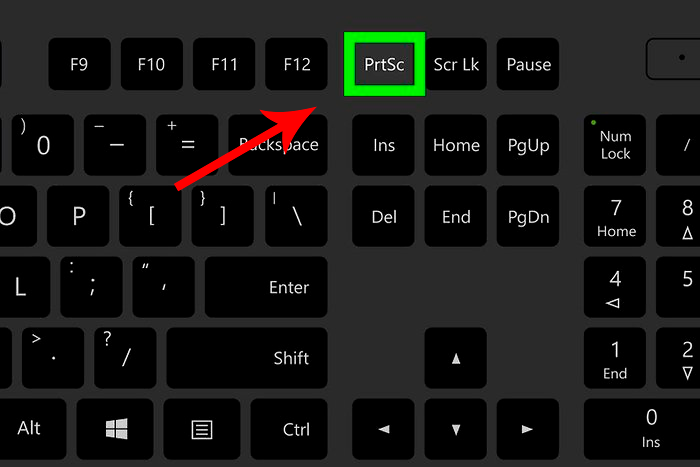Capturing your laptop screen, also known as “taking a print” or “screenshot,” is a common task in the digital world. Whether it’s to document important information, share something interesting with friends, or solve technical problems, knowing how to do it quickly and efficiently is essential. In this article, we’ll explore several ways to take a screenshot on your laptop, covering different operating systems and methods.

Fastest ways to take a screenshot
1. Shortcut Key
One of the quickest and most widely known ways to take a screenshot is by using a shortcut key combination. These combinations vary between operating systems:
- Windows: Press the “PrtScn” (Print Screen) key on your keyboard. This will capture the entire screen. To capture only the active window, press “Alt + PrtScn”.
- Mac: Press “Command + Shift + 3” to capture the entire screen. To capture a specific part of the screen, press “Command + Shift + 4” and select the desired area.
2. Built-in Screenshot Tools
Many operating systems have built-in screenshot tools that offer advanced options:
- Windows Snip & Sketch: On Windows 10 and later, you can press “Windows + Shift + S” to open the Snip & Sketch tool, which lets you select a specific part of the screen to capture.
- Snipping Tool (Windows): On Windows, you can search for and open the Snipping Tool to capture a custom area of the screen.
- Capture (Mac): On macOS Mojave and later systems, the “Capture” application offers a variety of screenshot and editing options.
3. Third Party Software
There are several third-party software programs designed specifically for screen capture, which offer advanced editing and sharing features. Some popular examples include:
- Snagit: Provides advanced screen capture, editing, and organization features.
- Lightshot: Allows you to capture a selected area and provides basic editing tools.
- Greenshot: An open-source screenshot tool with advanced features and customization options.
4. Screenshot on Web Pages
To capture screenshots of web pages, you can use browser extensions or online tools:
- Browser Extensions: Extensions like “Full Page Screen Capture” allow you to capture an entire page even if it doesn’t fit on the screen.
- Online Tools: Websites like “Screenshot Guru” allow you to capture and download screenshots of web pages by entering the URL.
5. Video Screenshot
If you need to capture a video that is playing on your notebook, some tools offer this functionality:
- OBS Studio: Originally developed for streaming, OBS Studio can also be used to capture your screen, including videos that are playing.
Conclusion
Capturing screenshots on your laptop can be a simple task once you know the various options available. From shortcut keys to specialized software, there are a variety of ways to accomplish this task quickly and effectively. Choose the approach that best suits your needs and increase your productivity when sharing important information or resolving technical issues.